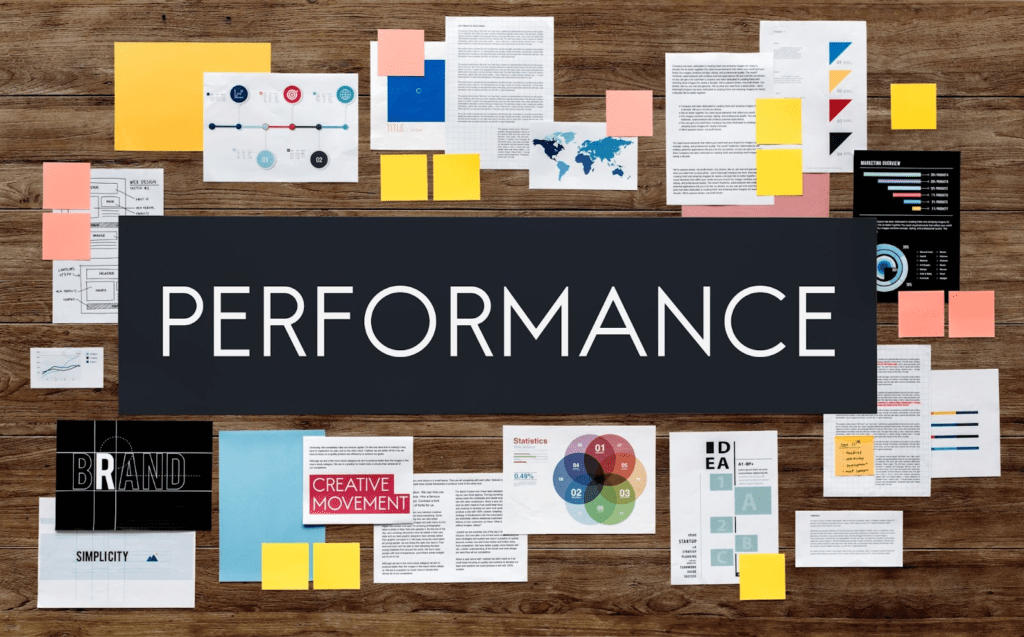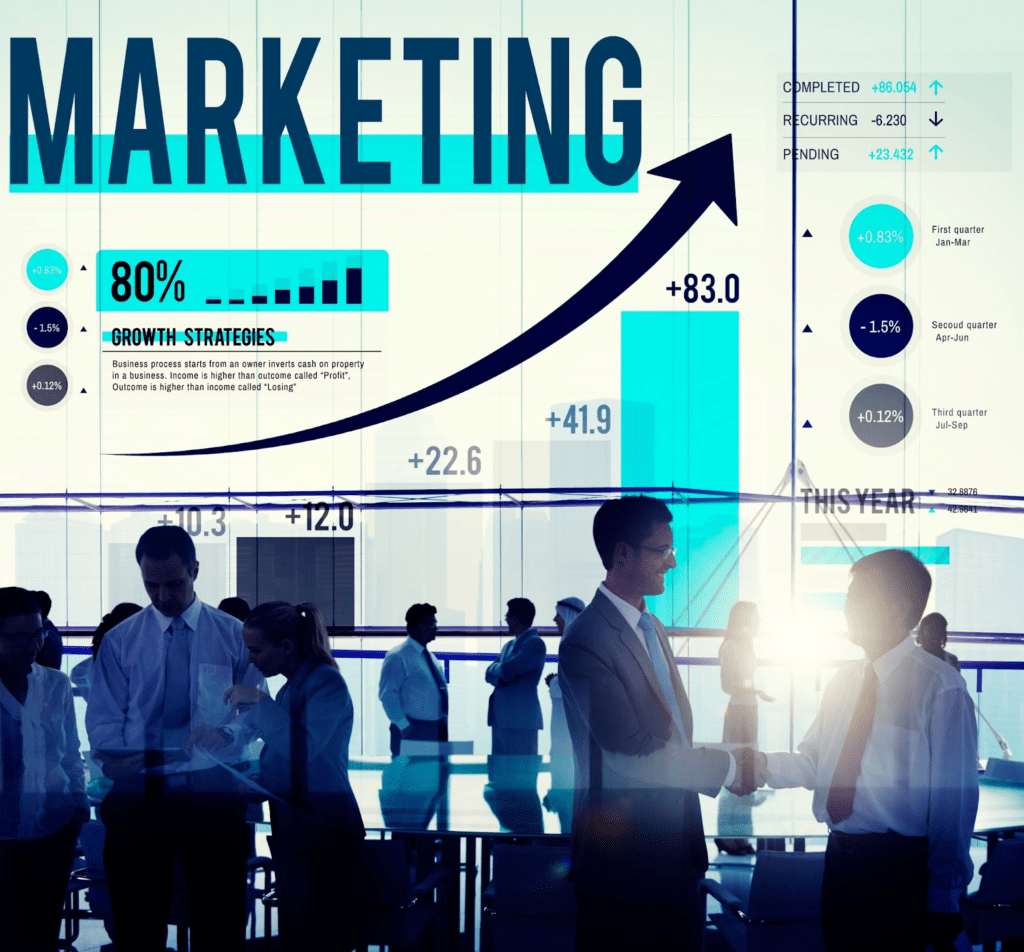Performance marketing is a type of digital marketing that focuses on driving specific actions, such as clicks, leads, or sales, through targeted advertising campaigns. It involves tracking and analyzing data to measure the success of campaigns and optimizing them for better results. The ultimate goal of performance marketing is to achieve a positive return on investment (ROI) by driving targeted traffic to a website or landing page and converting that traffic into paying customers.
SEO can be part of a performance marketing strategy, as it involves optimizing website content to improve search engine rankings and drive traffic. However, SEO is not the only aspect of performance marketing, as it also includes paid advertising, email marketing, and other tactics aimed at driving specific actions. While SEO can drive organic traffic to a website, it typically takes longer to see results than other performance marketing tactics, such as paid advertising.
What is the Difference between Digital and Performance Marketing Channels?
Digital marketing includes a broad range of channels, including social media, email marketing, content marketing, SEO, and paid advertising. Performance marketing, on the other hand, is more focused on measurable outcomes and typically involves paid advertising, such as pay-per-click (PPC) campaigns, affiliate marketing, and display advertising.

The primary difference between digital and performance marketing channels is the focus on driving specific actions. Digital marketing channels are often used to build brand awareness, engage with customers, and drive website traffic, while performance marketing channels are designed to drive targeted traffic and convert that traffic into paying customers. Performance marketing campaigns are typically more targeted and data-driven than traditional digital marketing campaigns.
Why it is essential to have both in your marketing strategy?
In many cases, combining digital and performance marketing can be a powerful strategy. By using a mix of channels and tactics, businesses can reach a wider audience and drive specific actions, while also measuring their impact and optimizing campaigns for better results. However, it’s important to consider your business goals, target audience, and budget when deciding which approach to focus on.

For businesses with limited budgets or those looking to drive specific actions, such as lead generation or sales, performance marketing may be the better option. By using targeted advertising campaigns, businesses can reach their ideal customers and drive specific actions, all while keeping costs low and measuring the success of their campaigns.
On the other hand, businesses looking to build brand awareness or engage with customers on a larger scale may benefit more from a digital marketing approach. By using a mix of channels, such as social media, content marketing, and email marketing, businesses can reach a wider audience and build their brand over time.

Ultimately, the best approach will depend on your business goals and target audience. It’s important to carefully consider your options and test different tactics to determine which approach works best for your business. By continually measuring and optimizing your campaigns, you can ensure that you’re getting the most out of your marketing efforts and driving the results that matter most to your business.
In conclusion, performance marketing and digital marketing are two different approaches to online marketing, each with its own unique benefits and drawbacks. While performance marketing is focused on driving specific actions, such as clicks, leads, or sales, digital marketing is more focused on building brand awareness and engaging with customers on a larger scale.

By understanding the differences between these two approaches and carefully considering your business goals and target audience, you can determine which approach is right for your business. Whether you choose to focus on performance marketing, digital marketing, or a combination of both, it’s important to continually measure and optimize your campaigns to ensure that you’re getting the most out of your marketing efforts and driving the results that matter most to your business.
